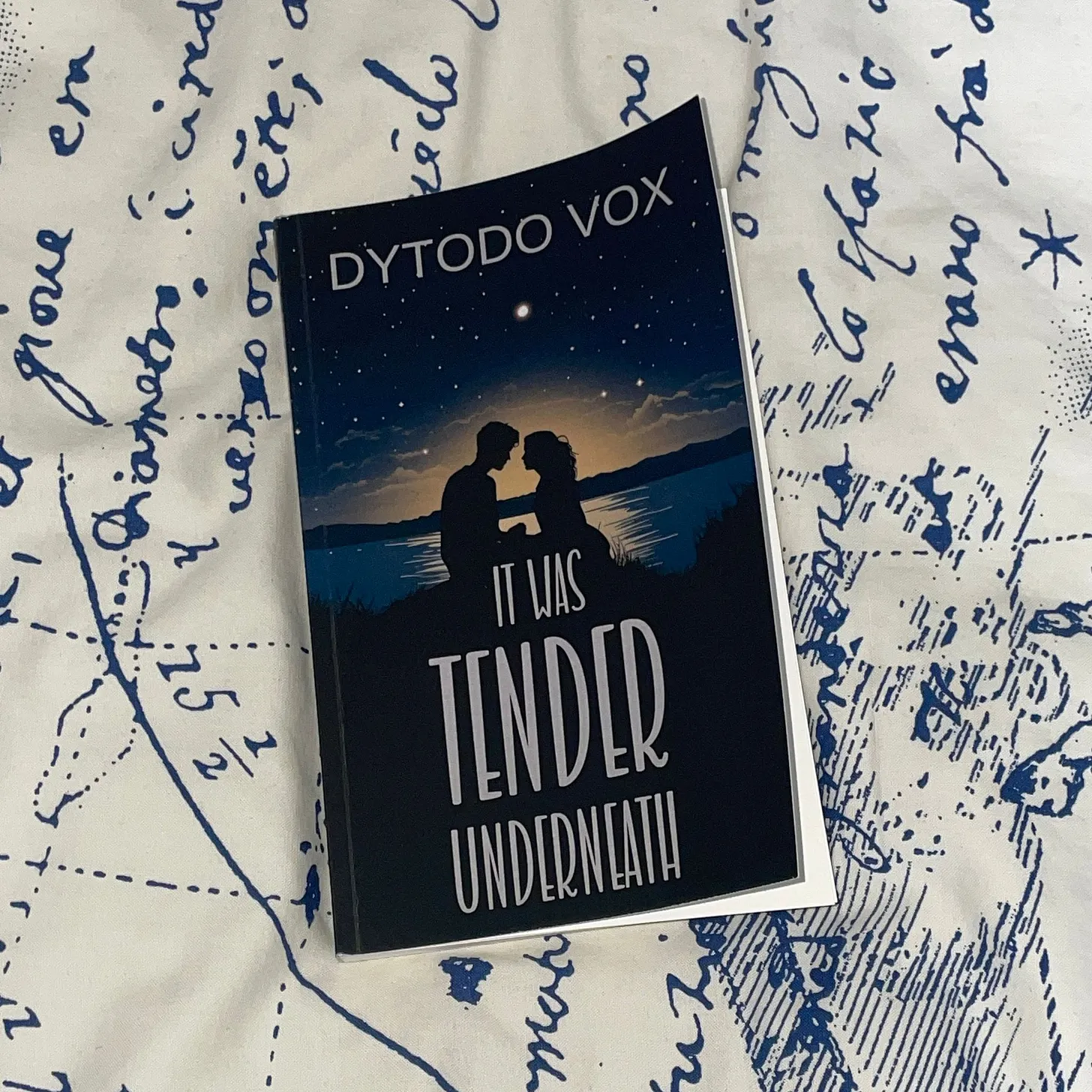How To Get Your Book Published By A Traditional Publisher

So, how does one get their book published? Well, it depends.
The steps taken for getting a book deal are slightly different depending on whether the book you’re shopping is fiction or nonfiction.
Note: I’m calling the steps outlined below “basic” because they are just that. They are to give you a general summary of the process and are therefore not exhaustive so don’t try to sue me for being a dirty liar if you pursue trad publishing and the process isn’t encapsulated below:

How to Find a Publisher for a Novel or Fiction
Step 1: Write your novel
This is the first and most important step in pursuing traditional publishing for fiction. Write and polish a manuscript that is almost ready for submission to agents publishers.
Step 2: Edit and revise your novel
Once you have completed your manuscript, revise and edit it until it is the best it can be. This may involve working with a professional editor or beta readers. (pakuti discusses the elements of editing in greater detail)
Step 3: Research literary agents
Literary agents act as intermediaries between authors and publishers, and can help you find the right publisher for your book. Look for agents who specialise in your genre and who have a good track record of success.
Step 4: Write a query letter
A query letter is a one-page letter that introduces you and your book to literary agents. It should be well-written and professional, and should convince the agent to request your manuscript.
Step 5: Submit your manuscript to agents
Once you have a list of agents to query, submit your manuscript and query letter to them. This may involve following specific submission guidelines and waiting several months for a response.
Step 6: Negotiate a publishing contract
If a publisher is interested in your book, they will offer you a publishing contract. Make sure to read the contract carefully and negotiate any terms that you are unhappy with.
Step 7: Work with an editor
Once you have a publishing contract, you will work with an editor to revise and improve your manuscript. This may involve several rounds of editing and revisions.
Step 8: Publish your book
Once your manuscript is polished and finalised, it will be published and distributed by the publisher. You may need to do some marketing and promotion to help your book sell.

How to Find a Publisher for a Non-fiction Book
Step 1: Develop your idea
You need to have a strong and unique idea for your book that you can pitch to publishers. This involves researching the market and identifying what makes your book stand out from other similar titles.
Step 2: Write a book proposal
A book proposal is a document that outlines the key features of your book, including its target audience, its content, and its marketability. A strong book proposal will be essential for convincing publishers to take on your book.
Step 3: Find a literary agent
Many publishers only accept submissions from literary agents, so finding a good agent is important. Look for agents who specialise in non-fiction and who have a track record of success in your genre.
Step 4: Submit your proposal
Once you have a literary agent, they will submit your book proposal to publishers. This can be a lengthy process, as publishers may take several months to respond.
Step 5: Negotiate a contract
If a publisher is interested in your book, they will offer you a contract. Make sure to read the contract carefully and negotiate any terms that you are unhappy with.
Step 6: Write your book
Once you have a publishing contract, you will need to write your book. This may involve working with an editor provided by the publisher.
Step 7: Edit and revise
Once you have written your book, you will need to revise and edit it to ensure that it meets the publisher’s standards.
Step 8: Publish your book
Once your book is edited and revised, it will be published and distributed by the publisher. You may need to do some marketing and promotion to help your book sell.
It’s important to note that every publisher or imprint has their own particular guidelines for submissions. By and large, a literary agent is required to submit manuscripts and/or proposals but some imprints may accept submissions directly from the author. However, the steps outlined above are generally the steps one will take to get a book deal.





